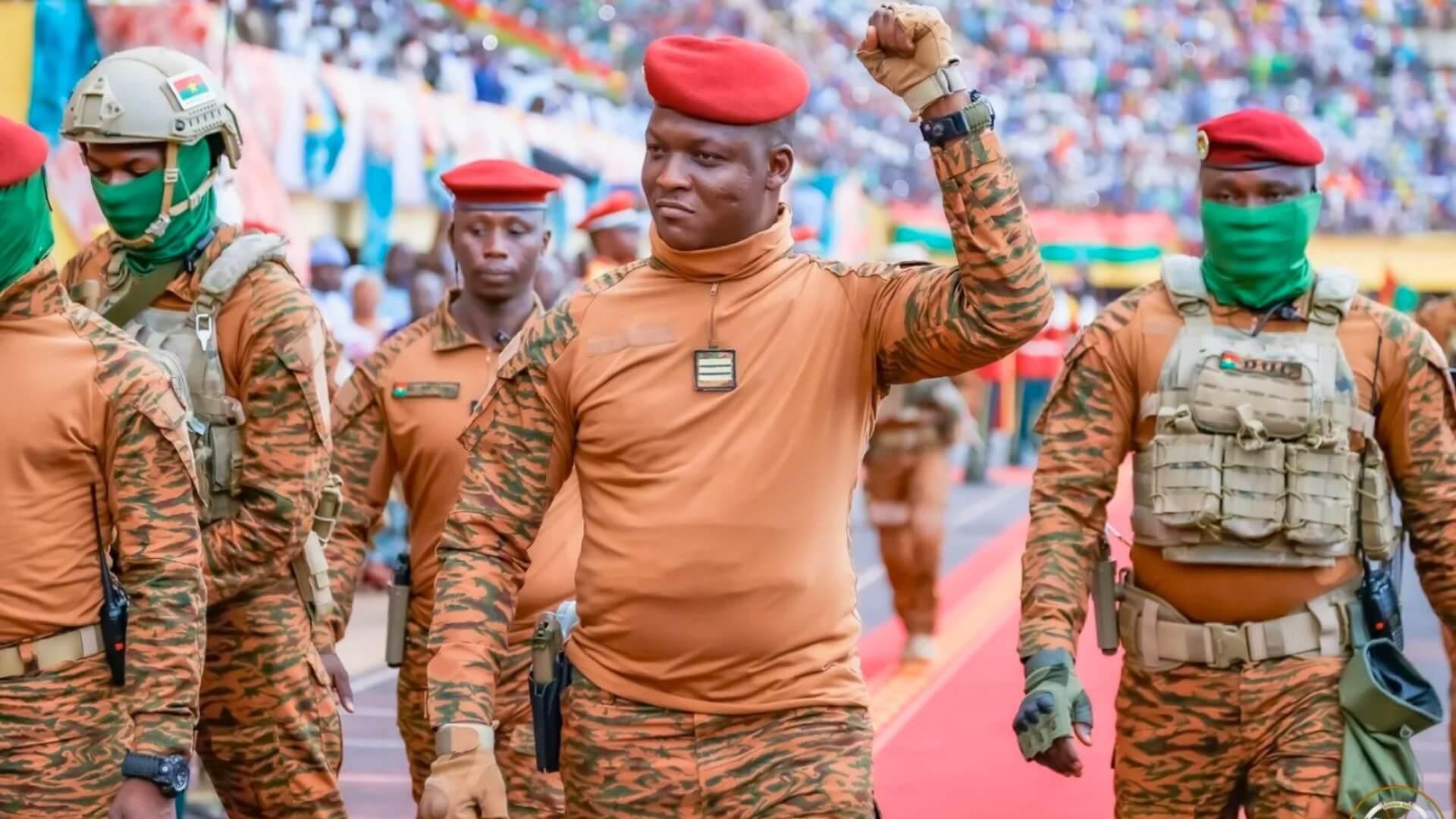Mali, Burkina Faso, and Niger coordinate withdrawal from the International Criminal Court, citing national sovereignty and sparking warnings from rights groups over civilian justice gaps.
In a landmark move, the military-led governments of Mali, Burkina Faso, and Niger jointly announced plans to withdraw from the International Criminal Court (ICC), describing the decision as an assertion of sovereignty. Crowds in each capital welcomed the news, while human rights advocates cautioned that the exit might leave civilians vulnerable to future abuses.
Residents like Emmanuel Kafando of Ouagadougou expressed satisfaction: "It was time we left this court, which targets African leaders." Echoing him, Lionel Dolomweogo added, "Every sovereign state should control its own justice."
The joint statement from the three governments criticized the ICC as "incapable of prosecuting war crimes, crimes against humanity, genocide, and aggression," and pledged to establish local courts for peace and justice.
Recent years have seen the Sahel trio form their Alliance of Sahel States and shift alliances towards Russia, further distancing themselves from Western institutions.
Rights organizations voiced strong objections. Marceau Sivieude of Amnesty International called the move "an affront to victims and survivors," while Human Rights Watch’s Liz Evenson warned that it "deprives populations of an important avenue for justice and redress."
Despite the announcement, ICC investigations will proceed in Mali; under the Rome Statute, full withdrawal requires formal UN notification and takes effect only after one year. Until then, the three countries remain party to the court’s obligations.
Meanwhile, the Sahel region continues to grapple with jihadist violence, with both insurgent groups and national armies accused by the UN and human rights organizations of committing serious abuses.
The new alliance has revealed plans for an indigenous court system, though legal experts remain skeptical about its independence under military regimes.
This coordinated withdrawal builds on recent regional realignments and intensifies debate over the ICC's role and perceived bias in Africa.
As the process unfolds, all eyes will be on whether local systems can ensure meaningful justice and accountability for victims.
Leave a comment
Your email address will not be published. Required fields are marked *





